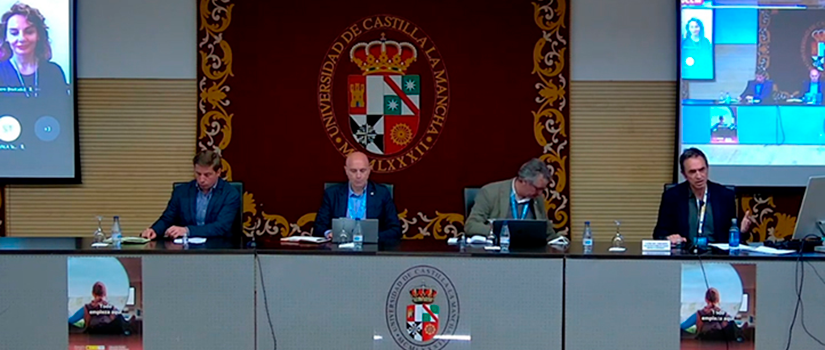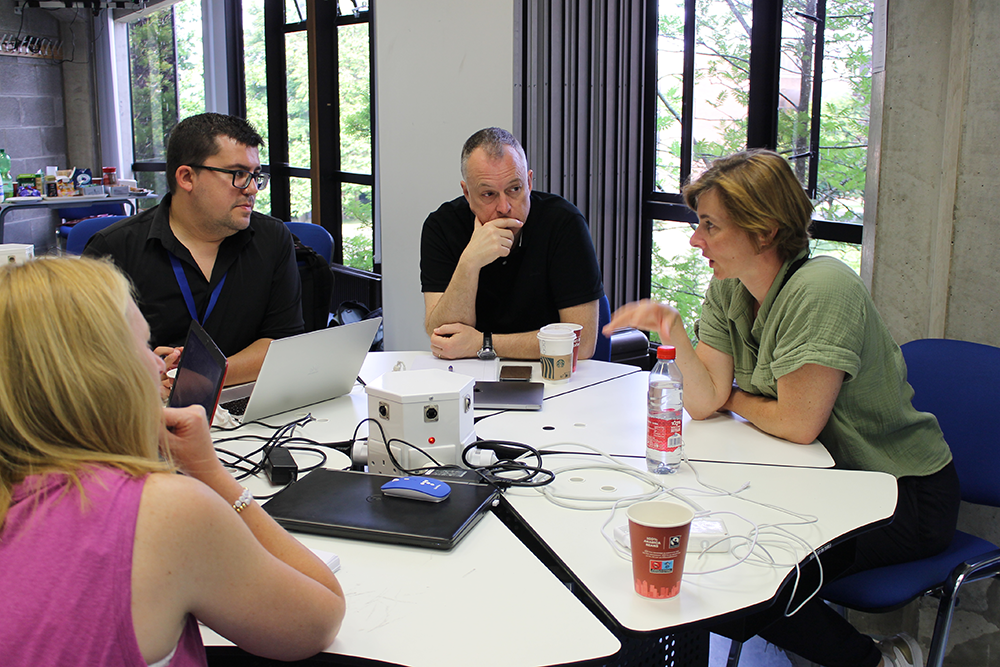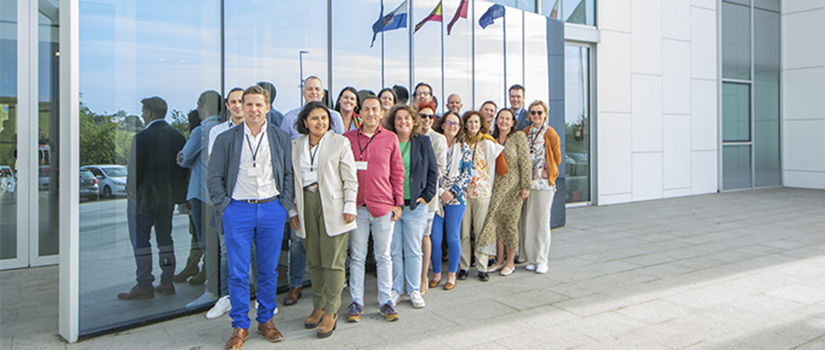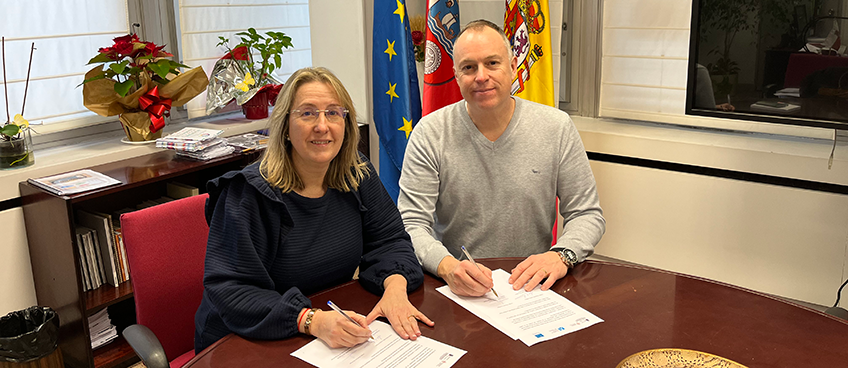The members of the European project Erasmus + Digital TA (2022-25) met between June 6 and 9 in the city of Limerick (Ireland), to share ideas and make progress in a joint action plan for the development of the pilot test that will begin in September of this year.
Read more: DigitalTA project partners make progress in the development of the first digital platform pilot testIn this trial, newly qualified in-service primary and secondary school teachers will test the first version of the digital tool.
Once developed, the platform will enable pre-service and in-service teachers to share their challenges, reflect on their teaching practices, access tutorials, explore case studies, and participate in a vibrant learning community. With its user-friendly interface and comprehensive set of features, the platform aims to foster collaboration, professional growth, and knowledge sharing among educators at different educational levels.
The transnational meeting was held at the facilities of the University of Limerick (UL), which is also a member of the project. Through a presentation by Jennifer Hennesy, Assistant Dean International, and Paul Conway, Teacher Education Professor, attendees learned more about how the university operates.
The meeting was also attended by: Artesis Plantijn University of Applied Sciences (AP) of Belgium; Univerzita Palackého v Olomouci of the Czech Republic; Uniwersytet Jana Kochanowskiego w Kielcach and Swiętokrzyskie Centrum Doskonalenia Nauczycieli (SCDN) from Poland, as well as Centro de Formación del Profesorado de Segovia, Fundación Universitaria Iberoamericana (FUNIBER) and Universidad Europea del Atlántico (UNEATLANTICO) from Spain.
Geraldine Mooney and Oliver McGarr, Professors at the UL School of Education, also spoke at the conference to offer their views on mentoring and reflective practice in the field of education. In addition, Alona Forkosh, Senior Researcher at the Academic College Levinsky-Wingate, gave a virtual talk to discuss her experience in the European project PROMENTORS (2020-2023), an initiative that aims to improve teacher training in Israel.
The DigitalTA partners will hold their interim meeting in November of this year in Antwerp (Belgium). Those interested in the project can find out more about it through the project’s website.







